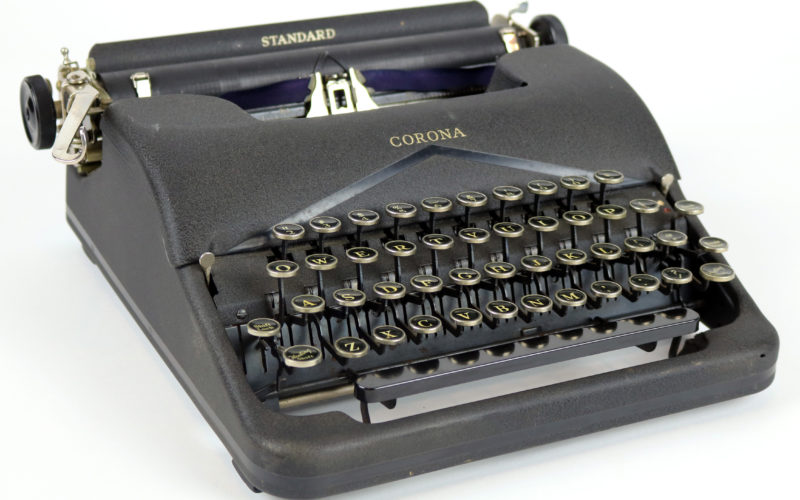Shiloh Museum open for Thanksgiving weekend
While the rest of Northwest Arkansas gears up for Christmas, the Shiloh Museum of Ozark History in Springdale is open from 10 a.m. to 5 p.m. Nov. 23-24 during the Thanksgiving weekend and is still celebrating its 50th birthday — which was Sept. 7 — with three exhibits:
• “Happy Birthday, Shiloh!” — A photo exhibit of the museum’s first 50 years, through Dec. 15.
• “Fifty From Fifty” — An exhibit featuring an artifact acquired during each of the Shiloh Museum’s 50 years, from 1968 to 2018, through Jan. 12.
• And “Selected” — An exhibit of objects from the Shiloh Museum’s 50-year collection, selected by guest curators from Northwest Arkansas, through April 13.

Still Celebrating 50
Photos Courtesy Shiloh Museum
Artifacts and photographs from the Shiloh Museum of Ozark History’s archives can be seen in three special exhibits celebrating the Springdale museum’s 50th birthday.
The museum has also finished a complete renovation of its exhibit halls:
“Settling the Ozarks” — A look at the people who came to Northwest Arkansas from the 1820s to 1860 and how they cooked and preserved food, made cloth and washed clothes, and fashioned furnishings.
“Civil War to World War I” — A hand-painted mural generically depicts changing life in 1860s Northwest Arkansas. Locally created videos offer a snapshot of two regional battles using the actual words of soldiers involved in the conflicts. Inspired by the enthusiasm for railroad history of a local historian, the exhibit case for railroad artifacts was made to look like a train depot complete with transportation crates which also house artifacts. Even visitors help bring history to life when they try the hands-on activities, such as sending a telegraph message.
“1920 to 1950” — The modern agricultural industry got started first with fruits and vegetables and then poultry. This is also the era where the power grid and road network, so embedded in life now, was fairly new and spread slowly from town to farm. A replica 1940s home display shows how families adapted to electricity, gas heating and telephones.
“Modern Times: 1950 to the Present” — The driving force during this time was Beaver Lake. Northwest Arkansas could not have grown or continue to grow without this water supply – industrially, commercially, residentially. Expand the story to include agriculture, retail, tourism, transportation and the University of Arkansas, and you have “Modern Times” in a nutshell.
“Earliest Days in the Arkansas Ozarks” — Ironically, the last section of the exhibit hall to be renovated interprets the beginning: Ozarks geology and prehistory.
Admission is free.
— Becca Martin-Brown
bmartin@nwadg.com



